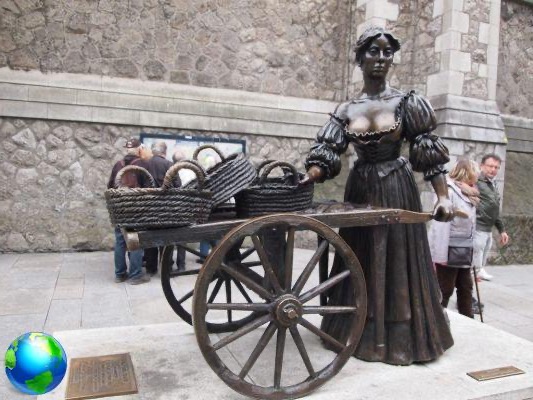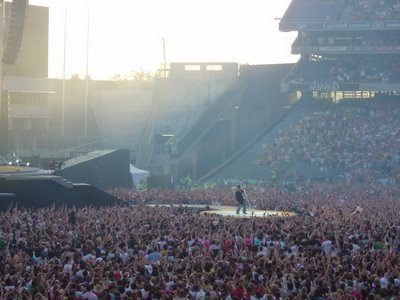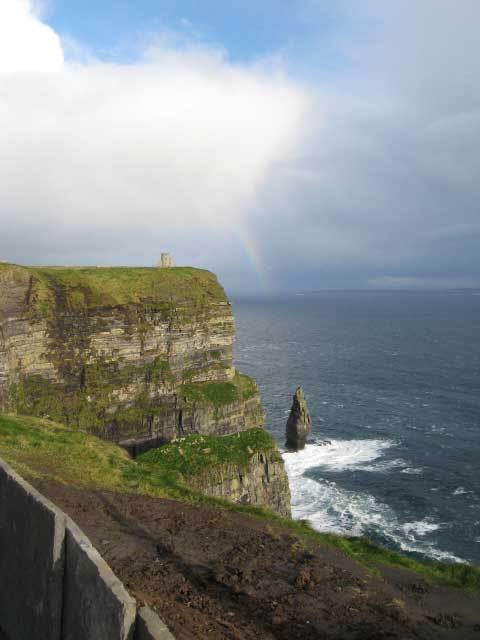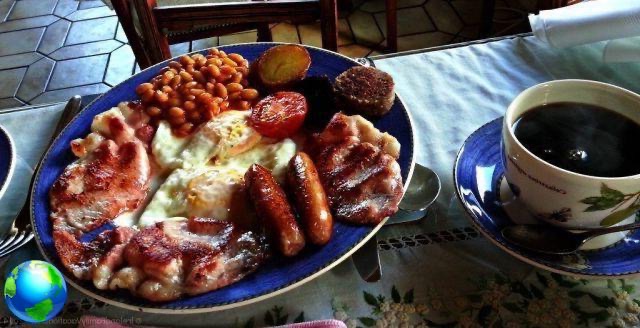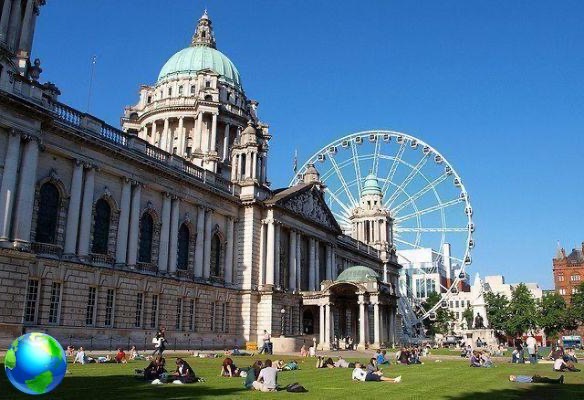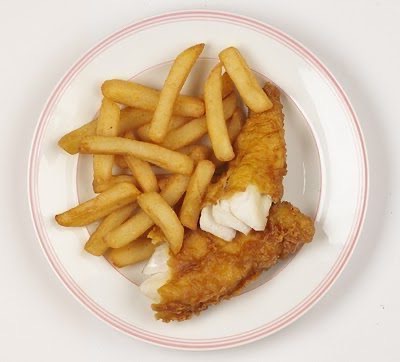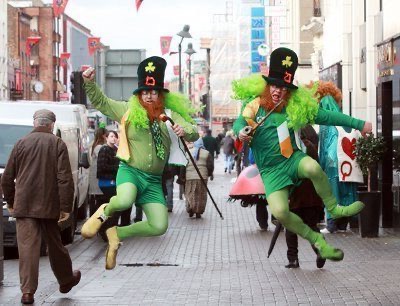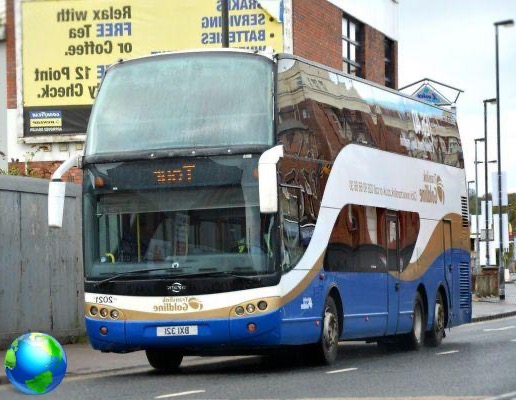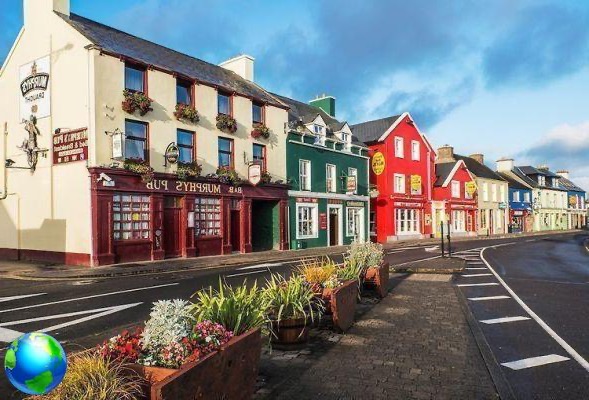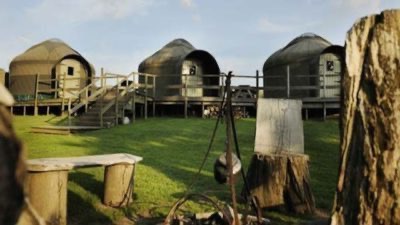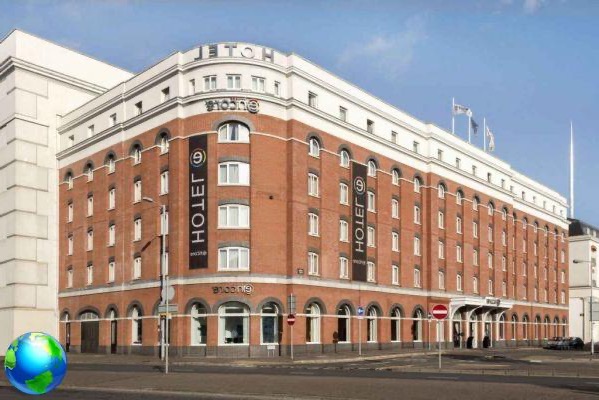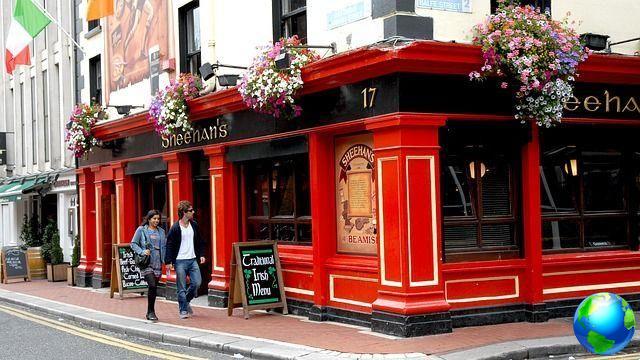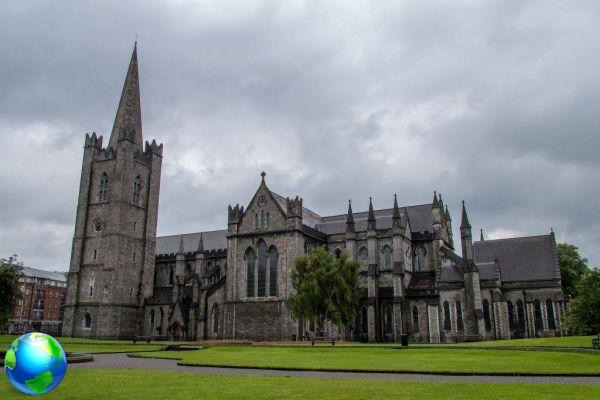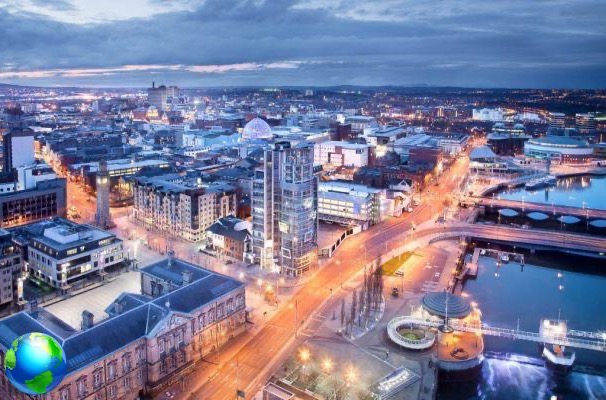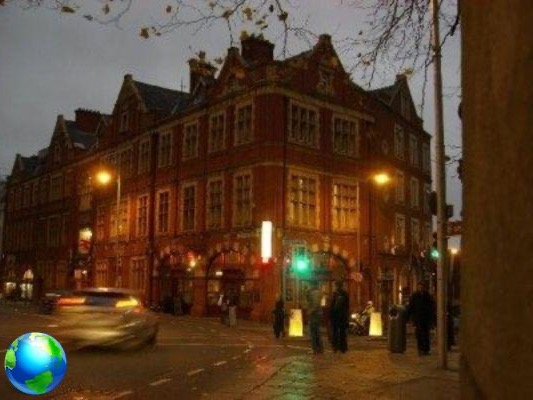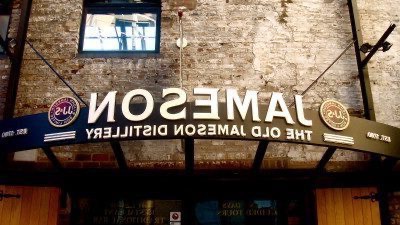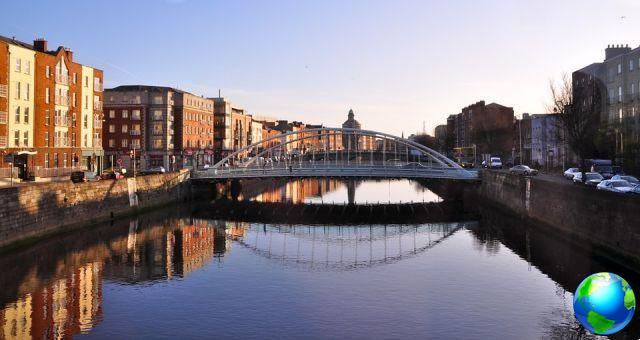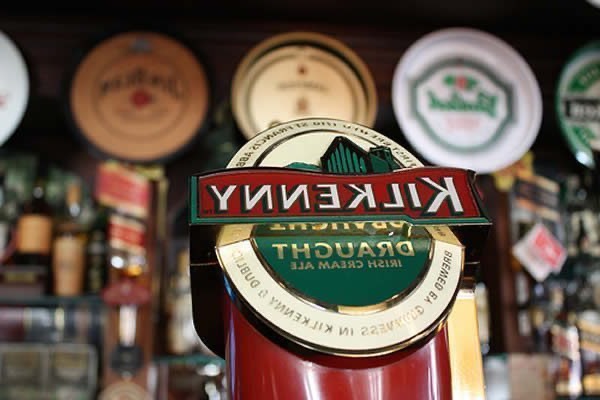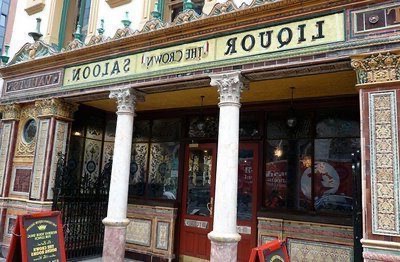A truly fascinating frontier town, the main stage of the most significant historical events concerning Northern Ireland. Derry is a town to visit and experience in an authentic way, walking along the walls and immersing yourself in the atmosphere of the pubs.
Derry is a frontier city, main stage of the most significant historical events concerning thenorthern Ireland. Taking a walk on the walls, you cannot help but fall in love with this town that exudes the desire for freedom and carefree that its inhabitants rediscovered only after the 1998 peace treaties.
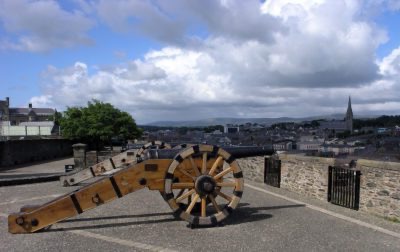
The history of Derry
First of all if you are asking the question but it is Derry or Londonderry? it is better to clarify immediately. The name Londonderry is that given by the English colonists who rebuilt it in the seventeenth century, while Derry is the name of the previous settlement, which derives from the Gaelic and literally means oak forest. Now for all Irish it is Derry. If you call it Londonderry there can only be two explanations: either you are a slightly naïve visitor on your first trip to Northern Ireland or, unlikely, you are clearly expressing your nostalgic political alignment in favor of the English Crown.
1. The historic center
Having said that in Derry you can't miss it. The Old Town it is all enclosed in the seventeenth-century walls, whose structure is completely intact and entirely accessible for a total of about 1,5 km. So my advice is to start your visit right from walk on the walls and to enjoy the view on another district which is that of Bogside. The Bogside from above emanates all the vibrations of the rebellions that have taken place there since the late 60s.
2. Traditional murals
Here you can also go down to take a closer look at the murals that characterize it. Murals have always been the artistic expression of the Northern Irish conflict and today in Derry this tradition continues and still represents the visual memory of the city. If you go down in the Bogside and want to deepen your knowledge of the events of the Free Derry and Bloody Sunday, which took place right here, you can visit the small but significant Museum of Free Derry. Here you will see and hear documents of dramas so close in time that you cannot help but be deeply touched.
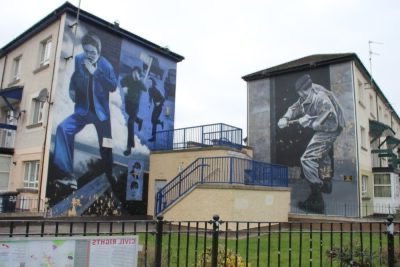
3. Derry's main square
Inside the walls you can reach the main square, which bears the name of Diamond, geometric center of the space inside the ramparts.
You can visit the St. Columba's Cathedral (an offering is required, as in most historic Anglican churches), or have a coffee at Craft Village, a pleasant pedestrian area with small shops and lots of cottages.
4. Visit along the River Foyle
Then take some more time to go down to the side of the Foyle River. Here, right outside one of the city gates, visit the Guildhall, the town hall, freely accessible to all visitors. On the ground floor there is a small permanent exhibition on the history of the city.
While if you go up to the first floor, except for events, you can visit the main hall with its beautiful organ and stained glass windows. Inside the Guild Hall, which never hurts, you will also find the bathrooms, always clean and free.
Once out of the Guildhall, don't forget to pay homage to Derry's river, the Foyle. Cross the Peace Bridge, the serpentine-shaped bridge inaugurated in 2011, and if you have time, follow the course of the river, at times peaceful, at times nervous, taking a few steps on the pedestrian that runs alongside it.
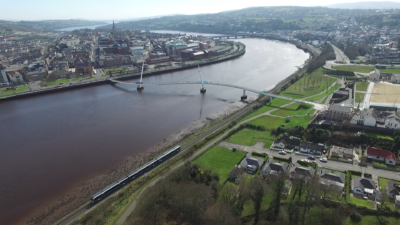
5. The pub atmosphere
Well, at this point for sure it will be at least noon and so you are more than entitled to enjoy one pint at the pub. And if you're in Ireland and haven't already developed a worrying addiction to its pubs, well it's time to start. If, on the other hand, you already love the festive and intoxicating atmospheres that surround Irish evenings, then you could plan to go further and repeat your visit to Derry at the end of October for its Halloween, considered the greatest in Europe. The mask is a must.
Finally a practical advice: Although it is very close to the border with the Republic, in Derry you will have to use the pound. Of course, credit and debit cards are accepted everywhere.




